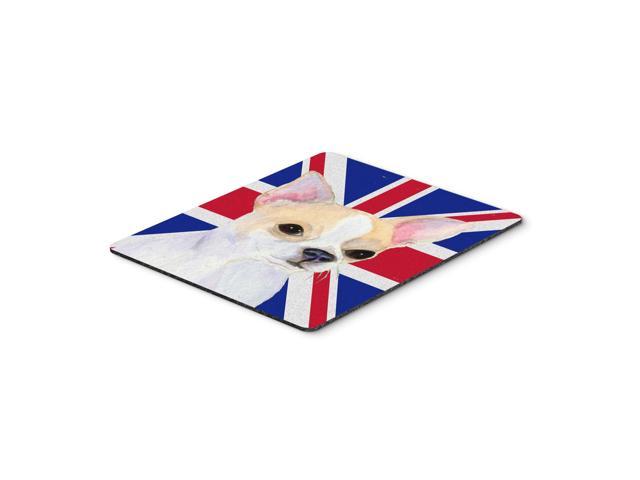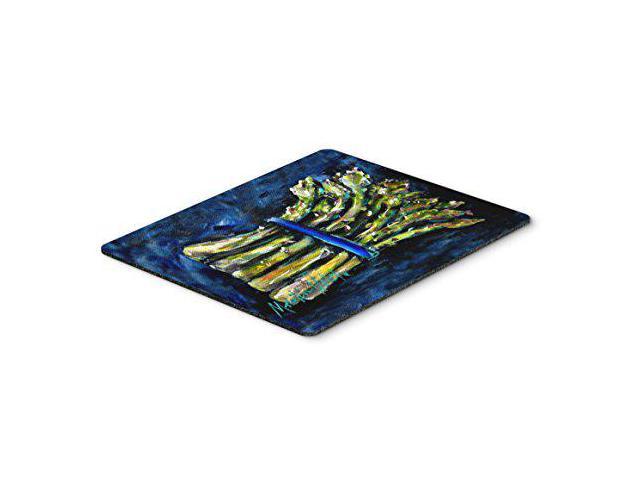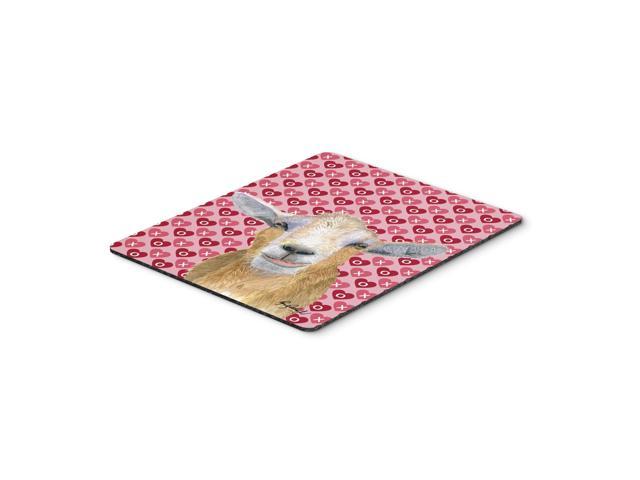This historic book may have numerous typos and missing text. Purchasers can download a free scanned copy of the original book (without typos) from the publisher. Not indexed. Not illustrated. 1890 edition. Excerpt: …that obtain among ants and bees depend upon their bodily organisation. Organisation, as a general rule, only renders the bird capable of singing, as giving it an apparatus with which to sing at all, but it has nothing to do with the specific character of the execution…. The nursing, defence, and education of offspring cannot be considered as in any way more dependent upon bodily organisation; nor yet the sites which insects choose for the laying of their eggs; nor, again, the selection of deposits of spawn, of their own species, by male fish for impregnation. The rabbit burrows, the hare does not, though both have the same burrowing apparatus. The hare, however, has less need of a subterranean place of refuge by reason of its greater swiftness. Some birds, with excellent powers of flight, are nevertheless stationary in their habits, as the secretary falcon and certain other birds of prey; while even, such moderate fliers as quails are sometimes known to make very distant migrations. (6.) Like instincts may be found associated with unlike organs. Birds with and without feet adapted, for climbing live in trees; so also do monkeys with and without flexible tails, squirrels, sloths, pumas, &c. Mole-crickets dig with a wellpronounced spade upon their fore-feet, while the burying-beetle does the same thing though it has no special apparatus whatever. The mole conveys its winter provender in pockets, an inch long and half an inch wide, within its cheeks; the field-mouse does so without the help of any such contrivance. The migratory instinct displays itself with equal strength in animals of widely different form, by whatever means they may pursue their journey, whether by water, land, or air. It is clear, therefore, that instinct is in great measure…















